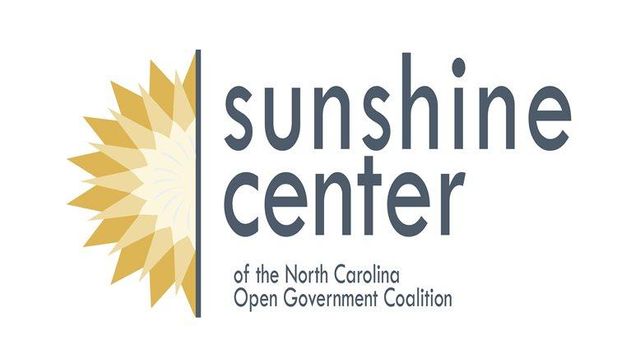Sunshine Week to celebrate government transparency
Government functions best when it operates in the open, and open-government advocates across the country will celebrate this central tenet during Sunshine Week, March 13-19.
Posted — UpdatedWithout open government, much of the daily coverage from WRAL News and other North Carolina news outlets – from crime reporting to recaps of city council action and even some weather forecasting – wouldn't be possible.
Big stories often fueled by open records
About a year after the University of North Carolina at Chapel Hill released a massive report detailing academic fraud and preferential treatment toward athletes, college officials issued their first response to what they said was the largest public records request UNC had ever received.
The university had spent millions to redact the records for privacy, a cost state agencies must bear by law, but none of the information contained in those pages was searchable by the public.
The resulting application, with the addition of two more UNC document dumps since then, now allows the public to access 680,000 pages of documents related to the Wainstein report.
But records releases that power our stories aren't always so massive.
The news riled environmental groups, who said the lack of transparency raised questions about how well the McCrory administration was protecting the public given Duke's influence. But the Governor's Office said McCrory and his team often meet with business leaders, and they maintained the discussion was a normal part of the job.
While gatherings like these aren't governed by the state's open meetings law, governing bodies such as city councils or boards of county commissioners are obligated, with very few exceptions, to conduct the public's business in the public.
Fighting for transparency
In some cases, WRAL News has taken the battle for government transparency to court.
Although the suit is still working its way through North Carolina courts, the McCrory administration maintains it has complied with state records law and is committed to transparency.
The station has also fought to ensure its right to access.
When a North Carolina State Bar panel heard charges of ethical violations against Christine Mumma, an attorney who has successfully worked to free wrongly accused as part of the North Carolina Center on Actual Innocence, the disciplinary panel initially refused to allow WRAL News cameras in the hearing.
Related Topics
• Credits
Copyright 2024 by Capitol Broadcasting Company. All rights reserved. This material may not be published, broadcast, rewritten or redistributed.





